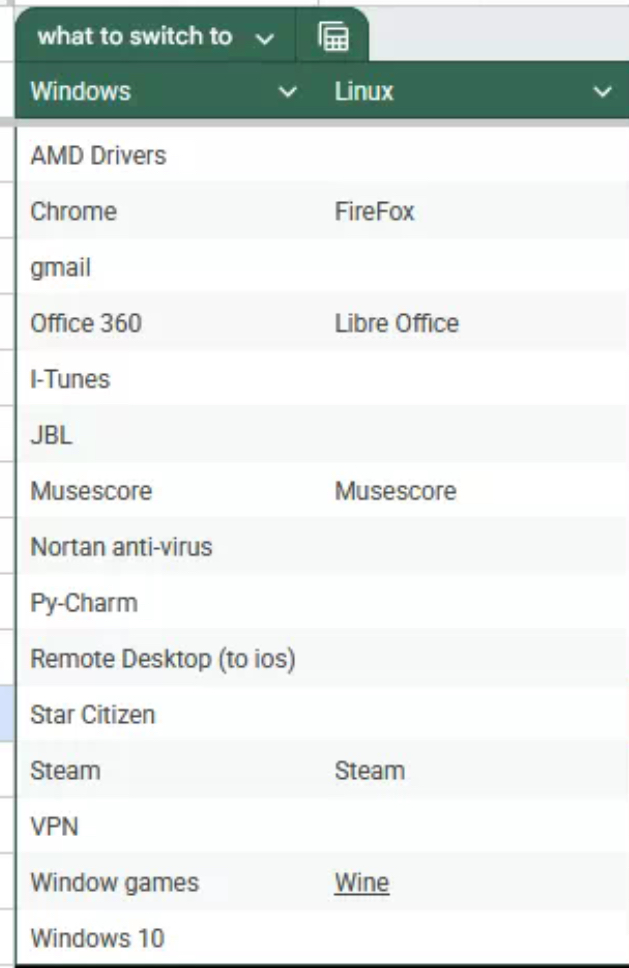this post was submitted on 24 Mar 2025
317 points (93.4% liked)
Linux
62785 readers
102 users here now
From Wikipedia, the free encyclopedia
Linux is a family of open source Unix-like operating systems based on the Linux kernel, an operating system kernel first released on September 17, 1991 by Linus Torvalds. Linux is typically packaged in a Linux distribution (or distro for short).
Distributions include the Linux kernel and supporting system software and libraries, many of which are provided by the GNU Project. Many Linux distributions use the word "Linux" in their name, but the Free Software Foundation uses the name GNU/Linux to emphasize the importance of GNU software, causing some controversy.
Rules
- Posts must be relevant to operating systems running the Linux kernel. GNU/Linux or otherwise.
- No misinformation
- No NSFW content
- No hate speech, bigotry, etc
Related Communities
Community icon by Alpár-Etele Méder, licensed under CC BY 3.0
founded 6 years ago
MODERATORS
you are viewing a single comment's thread
view the rest of the comments
view the rest of the comments

Depending on what VPN software you use, they may already have a linux version. All of the big-name ones do, as well as a good chunk of the smaller ones.
For anti-virus, you don't need one in Linux. Even for Windows I would recommend using the built-in AV, rather than Norton.
Edit: I see you use Norton VPN. That one doesn't have a linux version. Check out Mullvlad or Nord VPN.
Most VPNs support Wireguard, which is built in to Linux. If your VPN provider doesn't have a Linux app, you can usually usually download a Wireguard config file from them and use it on Linux. You can import a WireGuard config into NetworkManager using a command like:
Then it should appear in the network list in KDE / GNOME / whatever other desktop environment you're using.
Honestly a VPN that doesn't support Linux at least through manual connection settings, run away. All reputable and even the sketchier VPN providers support Linux, because that's what the privacy crowd uses, not supporting it implies those aren't even the target user base at all. It's a red flag. It's not a VPN for privacy or getting another country's Netflix.
I'd trust Norton about as much as my ISP, so unless you use public WiFi somewhat often, it doesn't add much value, just the downsides of captchas everywhere. They're probably analyzing the traffic to map out malware campaigns and such, which would make sense but isn't very private.
The business model of antivirus companies is fear, and they sell the solution to that fear. They have a VPN because people assume VPN means more security, of course they'll sell you one. At best they block known malware domains and IPs, which is utterly useless on Linux anyway.
If you want a VPN get a real VPN.